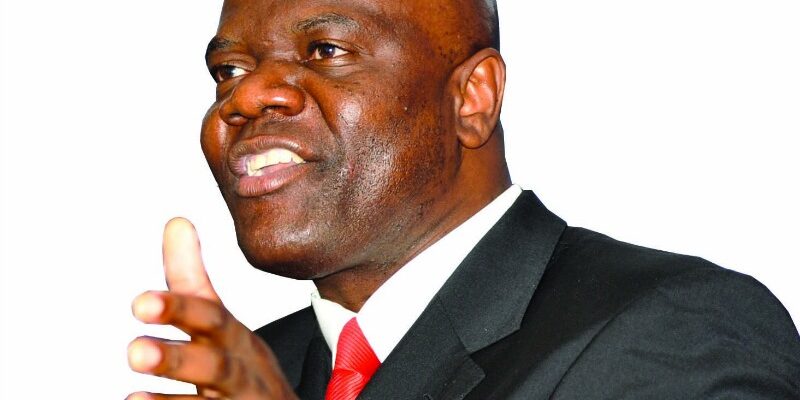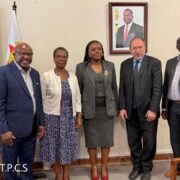Artificial Intelligence will not flourish in energy-starved economies, and the vision of harnessing it to drive inclusive development in the Global South will remain a distant dream unless energy poverty is urgently addressed, Professor Arthur Mutambara said.
In a compelling excerpt from his new book, Artificial Intelligence: A Driver of Inclusive Development and Shared Prosperity for The Global South, the renowned academic and AI strategist argues that the global energy crisis poses a critical threat to the future of AI, particularly across Africa and other developing regions.
“Without adequate, reliable and continuous power, the benefits of AI will be suboptimal, if not inconceivable,” Mutambara writes. “The number one energy problem in the Global South is energy poverty.”
By Ruvarashe Gora
Across countries like Zimbabwe, South Africa, and Nigeria, millions still live off-grid while others endure daily power cuts. In Zimbabwe, the power shortfall is nearly 600 MW, while in South Africa it exceeds 8,000 MW forcing widespread load-shedding that disrupts both homes and industries.
Yet the crisis is not limited to generation gaps. Mutambara cites a combination of rising energy demand, ageing transmission networks, post-pandemic supply chain shocks, and geopolitical conflicts such as the Russia-Ukraine war, which has destabilized global oil and gas markets. For the Global South, already grappling with limited investment and restricted access to renewable technologies, the impact has been severe.
“Energy poverty in the Global South is not abstract, it’s a daily reality,” Mutambara notes. “It means students can’t study after dark. Clinics operate without refrigeration. Families rely on wood or coal to cook, triggering harmful indoor air pollution.”
He warns that the high energy demands of AI, particularly in compute-intensive fields risk worsening global inequality unless matched by sustainable, inclusive energy policies.
“It is essential to have an innovative energy mix of traditional sources and renewable ones, with the eradication of energy poverty as the number one objective”.
He calls for a radical rethink: global cooperation, massive investment in clean energy, and inclusive infrastructure planning tailored to the Global South’s context. Without this, he argues, the AI revolution will deepen divides rather than deliver shared prosperity.
“AI cannot power inclusive growth if the Global South remains in the dark,” he said.














Comments